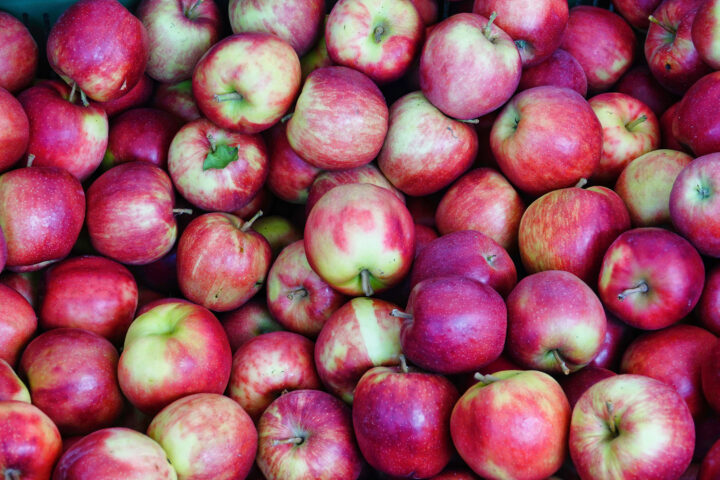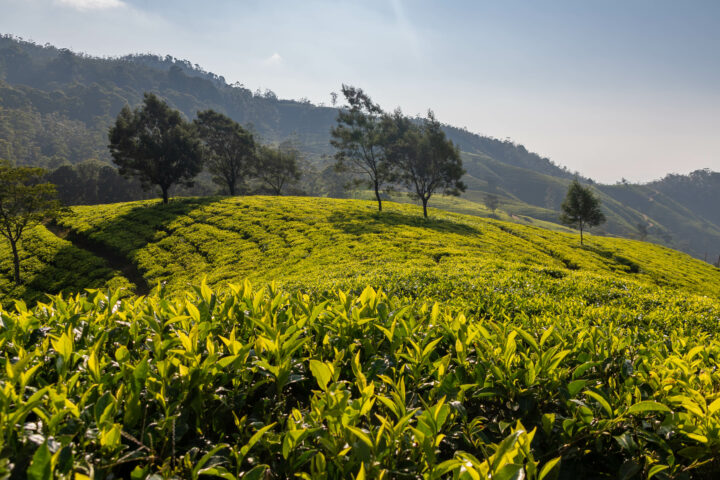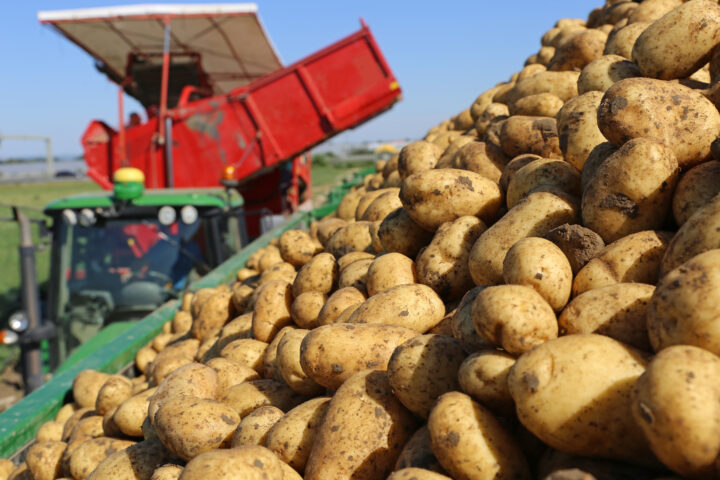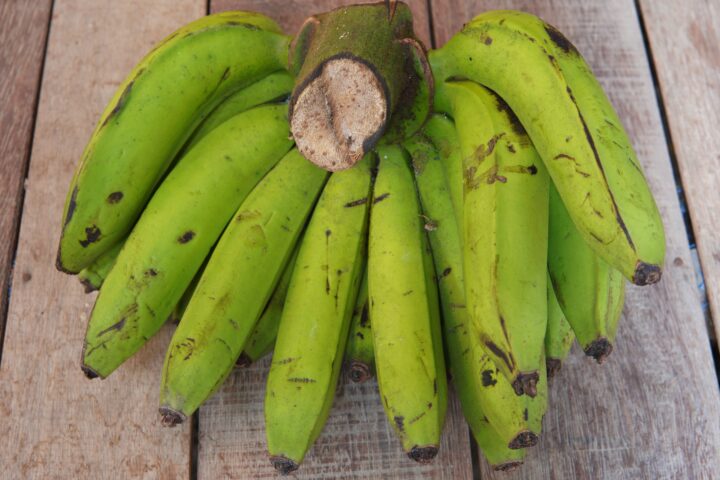
Resource wear instead of regional production
On 13 June, the Swiss voters voted in favor of productive agriculture and against technology bans. They want regional food at affordable prices in the future. However, Switzerland is moving in the wrong direction with the unofficial counter-proposal under discussion on the two rejected agricultural initiatives. Disproportionate new hurdles in the authorization of plant protection products are threatening farmers with failed harvests. The environment and climate are not helped.
Wednesday, September 15, 2021
Plant protection products are a form of life insurance for farmers. They protect their crops from harmful organisms and help prevent crop losses. A recent survey of experts conducted by Agroscope confirms the great importance of crop protection for agriculture. In the case of a complete elimination of plant protection products, a loss of yield of up to 47% would have to be expected. If “only” insecticides and fungicides were dispensed with, the losses would still be up to 43%. Similar figures have already been reported in the comprehensive report of the European Parliament's Research Desk in 2019. Crop losses are a drain on resources. Water, fertilizer, work, diesel, and crop protection products have already been used. If the cultures fall victim to a pest and all “inputs” came to nothing, the financial expenses were in vain. The result is unproductive and unecological agriculture.
Disproportionate limit values
However, with the unofficial counter-proposal to the two rejected agricultural initiatives, Switzerland is moving in this direction. In future, a distinction should no longer be made between “relevant” and “not relevant” for the determination of a limit value. It therefore no longer matters whether a degradation product is classified as “not relevant” and thus harmless to humans and the environment. All plant protection products should be subject to the same extremely strict limit value of 0.1 microgram per liter in groundwater. Up to now, a limit value of 10 micrograms per liter was ten times higher for “non-relevant” degradation products. The law drawn up by Parliament stipulates that a plant protection product must be automatically checked as soon as it repeatedly exceeds the limit of 0.1 microgram in the future. Authorization must be withdrawn from the product if it cannot be ensured that the limit value will be respected in the future.
No “race to zero risk”
The single limit value threatens to mean that a large number of indispensable and at the same time completely unproblematic plant protection products are in danger of losing their approval. The trade association scienceindustries criticizes this development in the legislation as a “race to zero risk” and rejects the proposal. The aim of the counter-proposal must be to reduce environmental risks and not to ban the substances necessary for the production of food. With the present counter-proposal, domestic production would decrease and prices would rise. Missing food would need to be compensated for by imports. As the “BauernZeitung” writes, scienceindustries is warning against the implementation of the two agricultural initiatives by the back door.
Farmers need full tool boxes
The resulting legal uncertainty regarding the authorization of new and more environmentally friendly plant protection products will also block innovation. Companies do not invest in research and development if the barriers to potential new products are disproportionately high. However, in order to produce enough food in a sustainable way in the future despite climate change and population growth, farmers need a full toolbox and are dependent on innovation. Technology bans make it less efficient to deal with crop losses. This consumes more resources and ultimately does not help the climate or the environment.
Resource-efficient agriculture
Resource efficiency means the efficient use of technical, economic and natural resources. It is defined as “the ratio of a certain benefit or result to the necessary use of resources”. Resource-efficient agricultural production aims to optimize crop yields using as few means of production as possible (such as labor, finance, energy, land, water, fertilizer or crop protection products) and applying the lowest possible pressure on natural resources (water, soil, biodiversity, air incl. climate) while gaining the highest possible yield and quality.
Sources
Related articles

Where the focus lies in apple breeding
The new head of Agroscope's fruit breeding research group is Andrea Patocchi. In an interview with the trade journal Obst + Wein, he explains where the focus of apple breeding lies today.

Chinese robot picks tea
There is a shortage of tea pickers in China. A robot developed by a researcher is set to remedy the situation and take over the work in future. Thanks to artificial intelligence, the machine can even recognise the shoots of the tea plant. The first harvesting robots are also already being developed in Switzerland.

Potato farmers want robust varieties
As the use of pesticides is to be massively reduced, the potato industry now wants to focus on more robust varieties. The industry has even concluded a target agreement with the federal government. This is ambitious: By 2040, robust varieties are to thrive on 80% of potato cultivation areas.

How genetic engineering is saving the Cavendish banana
The most popular banana variety - the so-called Cavendish banana - could soon disappear due to a persistent fungus. Australian researchers have developed a solution based on genetic engineering.

